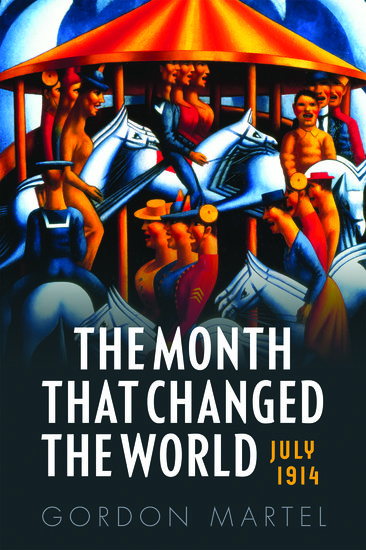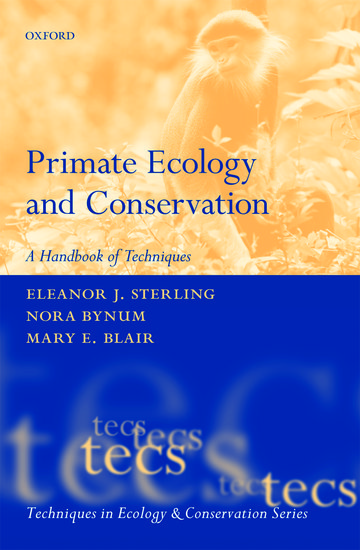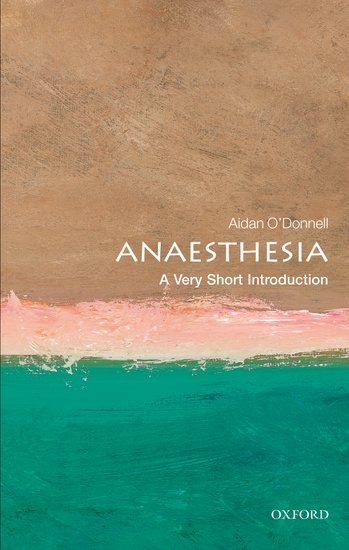What goes up must come down
Biomechanics is the study of how animals move. It’s a very broad field, including concepts such as how muscles are used, and even how the timing of respiration is associated with moving. Biomechanics can date its beginnings back to the 1600s, when Giovanni Alfonso Borelli first began investigating animal movements. More detailed analyses by pioneers such as Etienne Jules Marey and Eadweard Muybridge, in around the late 1800s started examining the individual frames of videos of moving animals.









